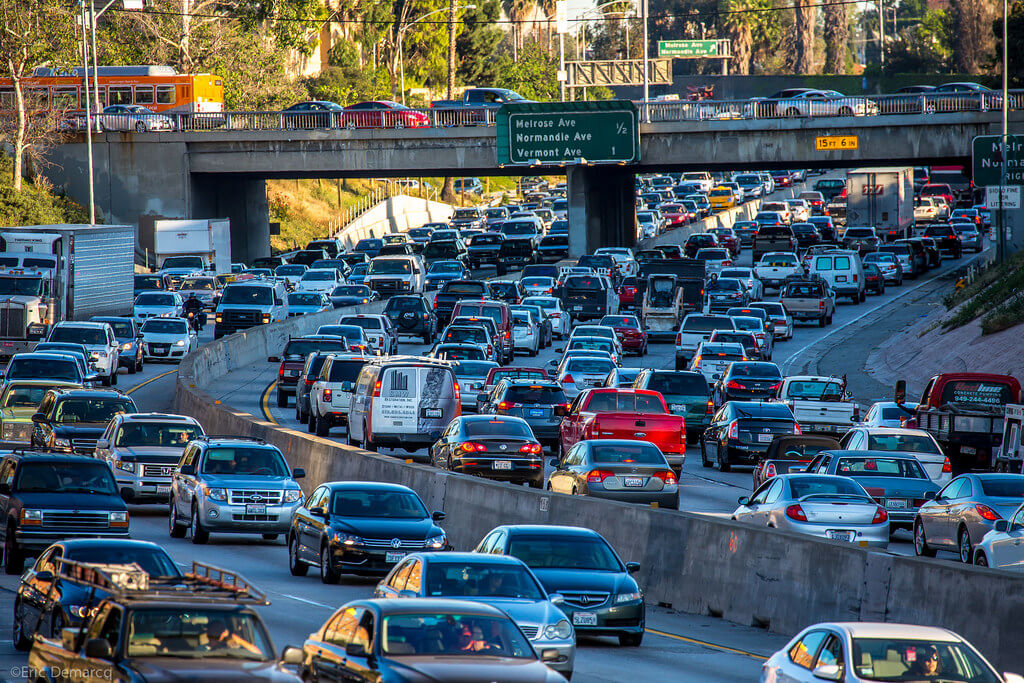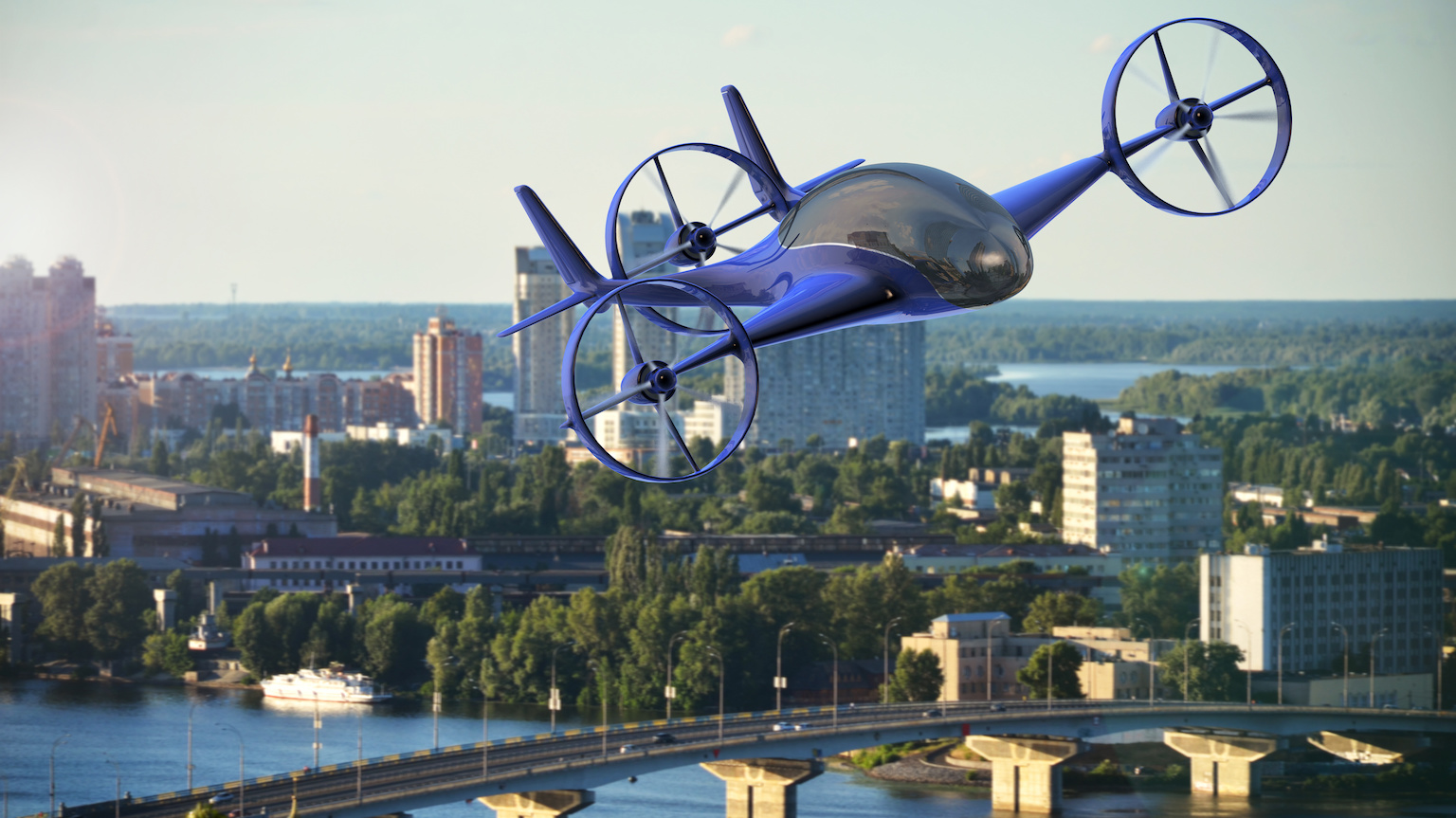
Elon Musk, the CEO of Tesla and founder of SpaceX, is planning to take his legal battle with the Securities and Exchange Commission (SEC) to the U.S. Supreme Court. Musk aims to challenge the enforcement of a consent decree that he considers a “muzzle” on his free speech. The decree emerged from a tweet he posted in August 2018, in which he claimed to have “funding secured” to take Tesla private. The 2nd U.S. Circuit of Appeals in Manhattan upheld the decree, but Musk is determined to seek redress at the highest level.
The controversy began with Musk’s tweet in 2018, where he made a significant claim about taking Tesla private. The SEC accused him of defrauding investors, leading to a settlement that included a consent decree. As part of the settlement, Musk and Tesla each paid $20 million fines, and Musk stepped down as Tesla’s chairman. Additionally, he agreed to allow a Tesla lawyer to pre-approve certain tweets due to his use of Twitter, which he now owns and recently renamed X.
Read Also: Musk reverses course and says Tesla will advertise its cars
Elon Musk contends that the SEC overstepped its authority by using the consent decree to conduct what he perceived as harassing investigations into his use of Twitter. He believes the decree limits his right to free speech, effectively acting as a “gag rule.” Despite Musk’s claim, a three-judge panel of the appeals court rejected his argument and upheld the decree.
Having faced setbacks in lower courts, Musk and his legal team intend to appeal to the U.S. Supreme Court. They seek to challenge the constitutionality of the SEC’s demands and the imposition of what they consider an unconstitutional gag rule. The appeals court panel previously denied Musk’s request for a rehearing, prompting him to take his case to the highest court in the land.
The consent decree resulted from a settlement between Musk and the SEC, in which Musk agreed to pay the fines and relinquish his role as Tesla’s chairman. Moreover, he accepted the condition of having a Tesla lawyer approve certain tweets in advance. However, Musk’s legal team argues that the SEC lacked the authority to impose such a restriction as part of the settlement.
Read Also: Tesla Model Y was the world’s best-selling car in Q1
The U.S. Supreme Court receives thousands of cases for review each year but typically hears oral arguments in only a small fraction of them. Elon Musk’s appeal is set to challenge the SEC’s handling of the consent decree and its impact on his right to free speech. As the legal battle unfolds, the outcome will have far-reaching implications for corporate executives’ communications and the extent of regulatory control over social media usage in the corporate world.
Featured Image Credit: www.autonews.com




